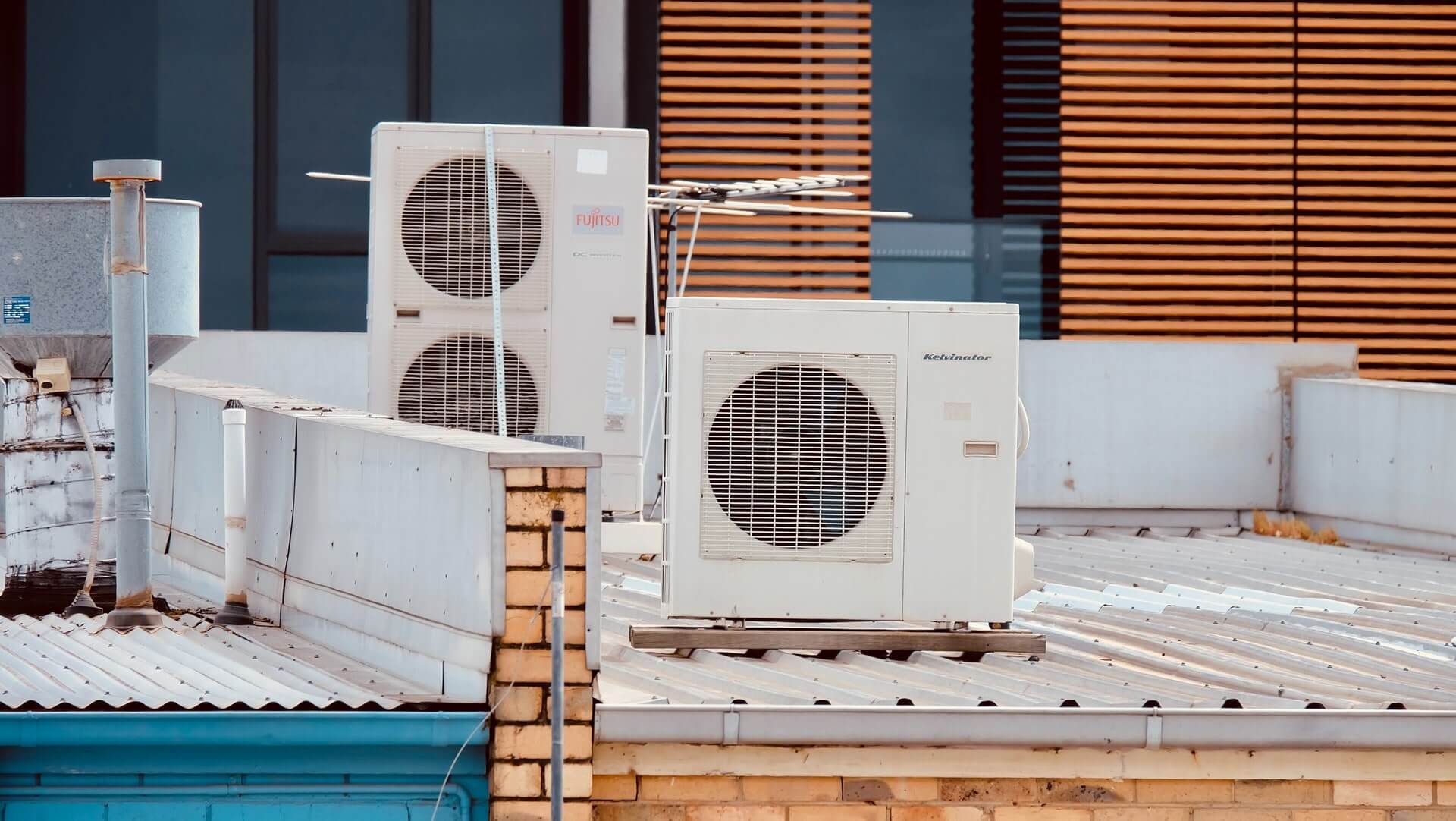- Empty cart.
- Continue Shopping
How to Choose the Right Air Conditioner for Respiratory Health

Selecting the right air conditioner is crucial for maintaining optimal indoor air quality, especially for individuals with respiratory conditions.
Importance of Indoor Air Quality
Indoor air quality plays a significant role in respiratory health. Poor air quality can exacerbate respiratory conditions such as asthma, allergies, and chronic obstructive pulmonary disease (COPD). A properly chosen air conditioner can help filter out pollutants and maintain a clean and healthy indoor environment.
Factors to Consider:
1. Air Filtration System
Opt for an air conditioner with a high-quality filtration system. HEPA (High-Efficiency Particulate Air) filters are highly effective in trapping small particles, including allergens and pollutants. Ensure that the air conditioner has a filter that is compatible with your respiratory needs.
2. Size and Capacity
Select an air conditioner that is appropriately sized for the space it will cool. An oversized unit may cool the room too quickly, preventing it from effectively removing humidity and pollutants. Conversely, an undersized unit may struggle to maintain a comfortable temperature.
3. Humidity Control
Maintaining optimal humidity levels is crucial for respiratory health. Look for an air conditioner with a dehumidification feature that can help control moisture levels, preventing the growth of mold and reducing allergens in the air.
4. Ventilation Options
Consider air conditioners that offer options for bringing in fresh outdoor air. This can help circulate and refresh indoor air, reducing the concentration of indoor pollutants.
5. Quiet Operation
For individuals with respiratory conditions, a noisy air conditioner can be disruptive and may impact sleep quality. Look for units with quiet operation features, especially for bedrooms or quiet spaces.
6. Energy Efficiency
Opt for an energy-efficient air conditioner to reduce both energy consumption and environmental impact. Look for units with a high SEER (Seasonal Energy Efficiency Ratio) rating, indicating better energy performance.
7. Maintenance and Cleaning
Choose an air conditioner with accessible filters and easy-to-clean components. Regular cleaning and maintenance of the air conditioner are essential for ensuring optimal air quality.
8. Air Purification Features
Some advanced air conditioners come equipped with additional air purification technologies like UV lights or photocatalytic filters. These features can further enhance indoor air quality.
9. Smart Features
Consider air conditioners with smart features that allow you to monitor and control indoor air quality remotely. This can be particularly beneficial for individuals with respiratory conditions who may need to adjust settings based on changing conditions.
Conclusion
Selecting the right air conditioner is a crucial step in promoting respiratory health. By considering factors such as air filtration, size, humidity control, and energy efficiency, you can create an indoor environment that supports optimal respiratory well-being. Remember, consulting with an HVAC professional can provide valuable insights and help you choose the best air conditioner for your specific needs. Prioritizing respiratory health through informed choices can lead to a more comfortable and healthy living environment.








